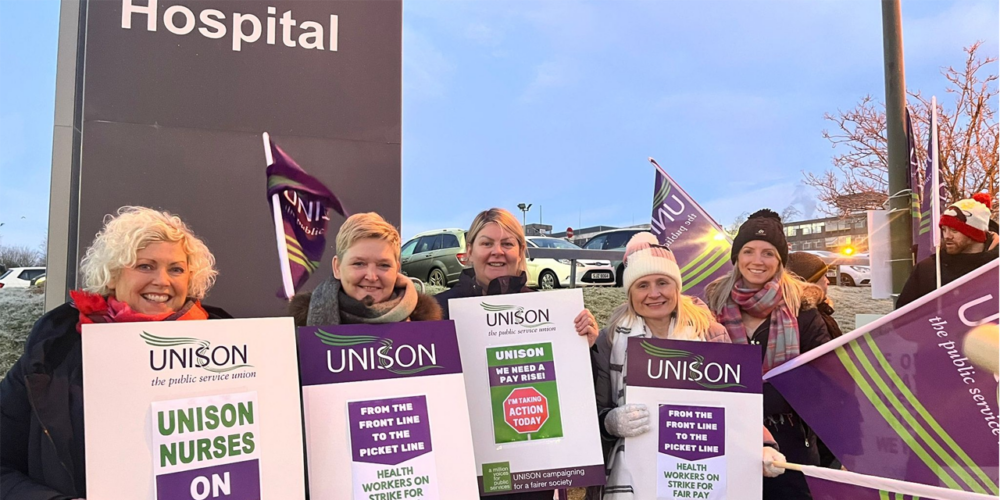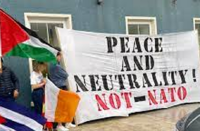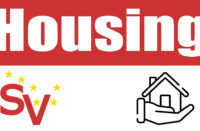Striking is never an easy option – especially for health and social care workers. The longer management can draw out a strike, the harder it gets to maintain the unity of purpose and public support that has been such a feature of the on-going health and social care strikes in the North. Trade unionists must keep reminding both strikers and the wider community why we are on strike: for us and for them.
As far back as 2012, it was clear that active recruitment and better wages were essential for the future of the National Health Service/Health and Social Care Trusts (NHS/HSC). Despite Northern Ireland Executive ministers holding the local purse-strings, the necessary funding was not allocated. Retirements were not being matched by new starts; knowledge and experience was being lost. The local economy was losing out from the positive ripple effect of spent wages that would come with filling vacancies. So when midwives went on a four hour strike in April 2015 to get pay parity with the rest of the NHS in Scotland, Wales and England, it came as no surprise.
Continuous under-investment, not only in staff wages and recruitment, but in actual hospital and community services, has put increasing pressure on staff and those needing services. In 2019 there were around 7,000 vacant posts. Staff were forced to go to the picket lines that winter looking for safe staffing and pay parity. With no functioning Executive, London refused to treat hospital porters, domestics and nurses the same as in Manchester, Cardiff or Glasgow. Partly under the pressure of the strikes, Sinn Fein and the DUP found a way back to the forced cooperation of the Executive. In January 2020, staff were awarded 3% to bring them in line with the rest of the NHS/ HSC in Britain.
By the end of that month, staff started to hear the word covid and within another month the pandemic was on us. A very under-staffed service faced this massive challenge. Staff had to fight for basic items of personal protection equipment (PPE) — gloves, aprons and masks — because management had not invested in this essential equipment. Meanwhile, British Tory politicians quickly cut deals with friends and relatives to take control of distribution of PPE, making huge profits.
Staff fighting wave after wave of covid were clapped by their communities every Thursday evening. Murals with a new message were painted on gable walls: “we support our NHS/HSC Heroes”. Whilst community support was hugely appreciated, neither murals nor clapping put a pint of milk or a loaf of bread on anyone’s table. Many staff burnt out and started to leave the NHS/HSC, putting on extra pressure. Some returned as private agency staff, as they could work hours that suited and at higher rates of pay, further undermining public health and social care.
Demoralised staff put pressure on unions to take back control and get health and social care front and centre of politics. Once again, no sitting Executive meant that NHS/HSC staff were not included in a pay award that British staff got in April 2022. So with a new mandate from union members we are back out again on the picket lines and now doing a strict work-to-rule: no more working meal breaks and staying late to work unpaid shifts.
The demands remain the same: safe staffing levels; retention and recruitment; real pay increases; and defence of public health and social care, free at the point of delivery!






